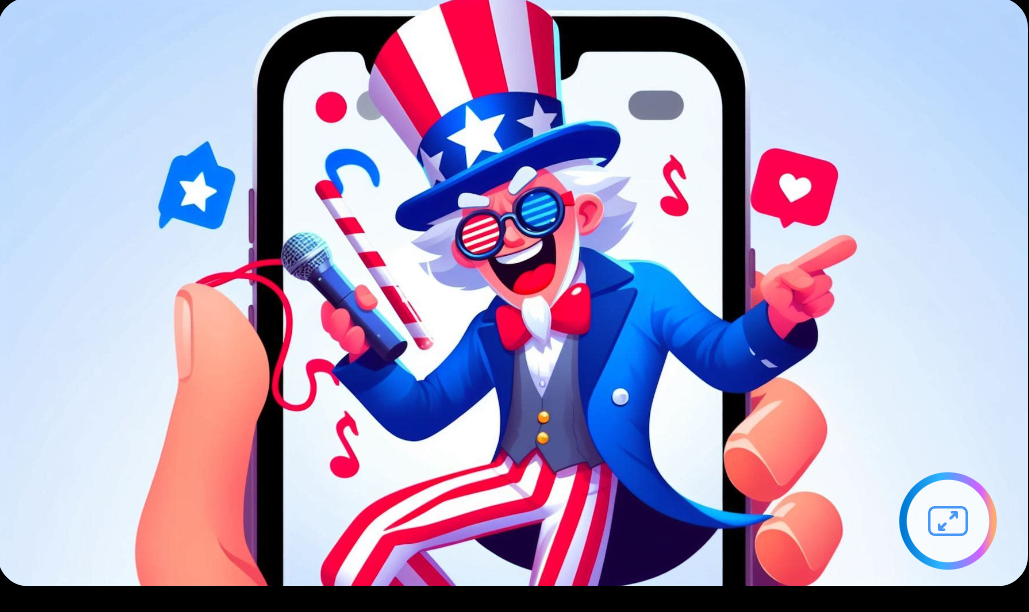Background and Legal History
TikTok, the popular social media platform owned by Chinese company ByteDance, has faced partial and attempted bans in the United States. Concerns over potential user data collection and influence operations by the Chinese government prompted various actions:
Trump Administration Efforts:
- In 2020, then-U.S. President Donald Trump considered banning TikTok due to national security concerns. ByteDance initially planned to sell a portion of TikTok to an American company but later agreed to divest TikTok entirely to prevent a U.S. ban.
- TikTok filed legal action against the Trump administration’s order, challenging its transactional prohibitions with U.S. companies.
- The U.S. Army and Navy had already banned TikTok on government devices after labeling it a security risk.
Biden Administration and Congressional Approval:
- The U.S. Senate recently passed legislation requiring ByteDance to sell TikTok within nine months (with a possible additional three months if a sale is in progress). Failure to do so would result in a ban.
- While TikTok won’t suddenly disappear from existing users’ phones, it will be removed from Apple and Google app stores. Users won’t receive updates or security patches, making the app a security risk over time.
- Workarounds (such as using VPNs or alternative app stores) may be possible, but migrating to other platforms like Instagram or YouTube is likely.
Current Status:
- As of June 2023, federal and state employees in 34 out of 50 states are prohibited from using TikTok on government devices.
- In April 2024, the U.S. House of Representatives included a provision in H.R. 815 that could effectively ban TikTok unless ByteDance divests its subsidiary.
Remember that while TikTok won’t vanish immediately, its long-term availability remains uncertain due to legal challenges and potential court battles. Users should stay informed about developments and consider alternative platforms if necessary. 📱🚫











Add Comment